From Missiles to Scrap: Kazakhstan Is Still Clearing the Remains of Its Nuclear Past
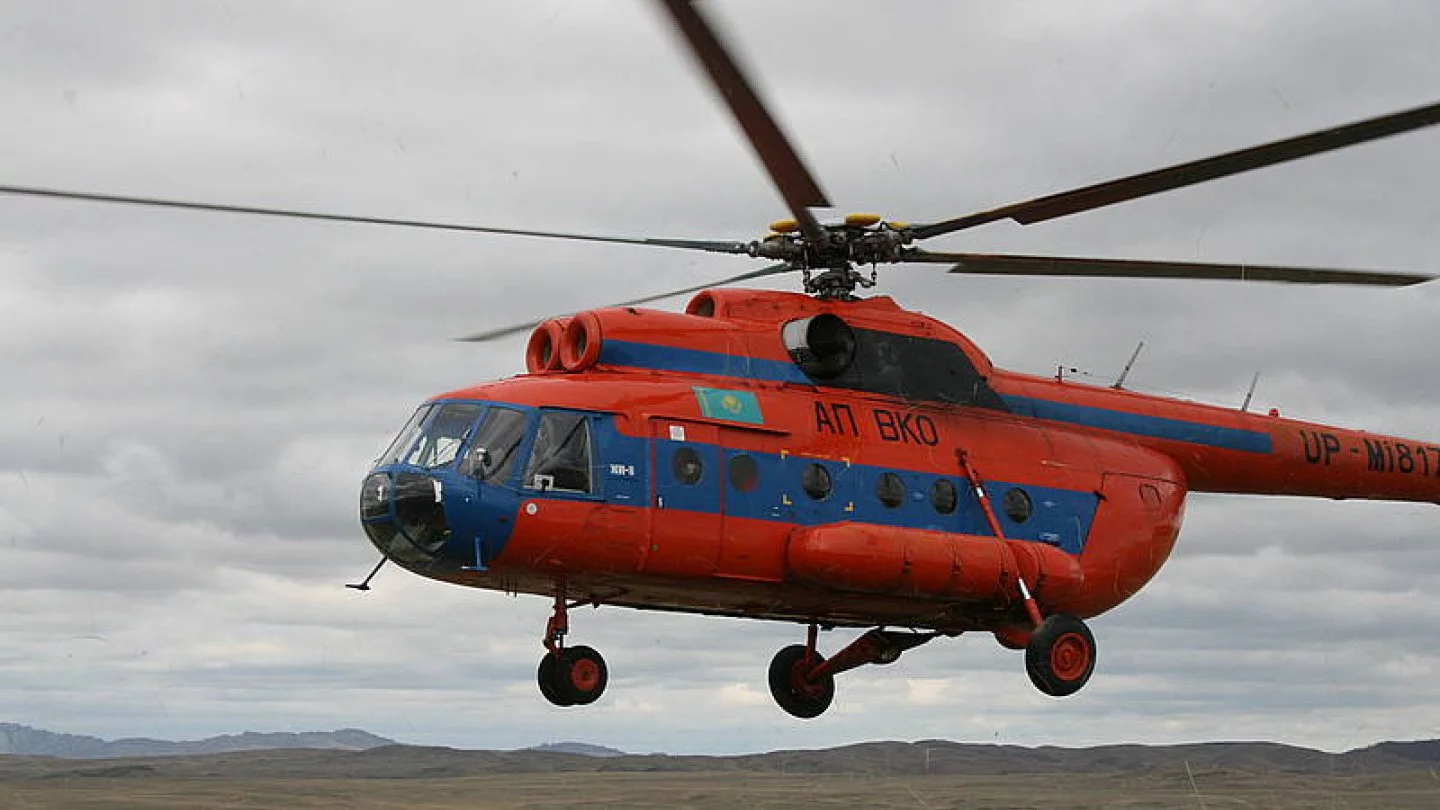 Photo: Ill. Purposes, A helicopter takes off to search for signs of a nuclear test during the On-Site Inspection Integrated Field Exercise 2008 in Kazakhstan. Photo: CTBTO Preparatory Commission — The Official CTBTO Photostream Date: 7 September 2008 Source: Visual survey from the air, CTBTO Flickr . License: CC BY 2.0 Generic — This image is free to use with attribution.
Photo: Ill. Purposes, A helicopter takes off to search for signs of a nuclear test during the On-Site Inspection Integrated Field Exercise 2008 in Kazakhstan. Photo: CTBTO Preparatory Commission — The Official CTBTO Photostream Date: 7 September 2008 Source: Visual survey from the air, CTBTO Flickr . License: CC BY 2.0 Generic — This image is free to use with attribution.
Although Kazakhstan renounced its nuclear arsenal in the mid-1990s, the country continues to dismantle the remnants of its Soviet military infrastructure.
Orda.kz reports that nearly 30 years later, the Baikonur missile silos remain in disrepair — relics of a program whose destruction became one of Nursultan Nazarbayev’s most celebrated achievements.
A Brief History
When the Soviet Union collapsed, Belarus, Kazakhstan, Russia, and Ukraine inherited nuclear weapons and launch infrastructure from the Soviet military.
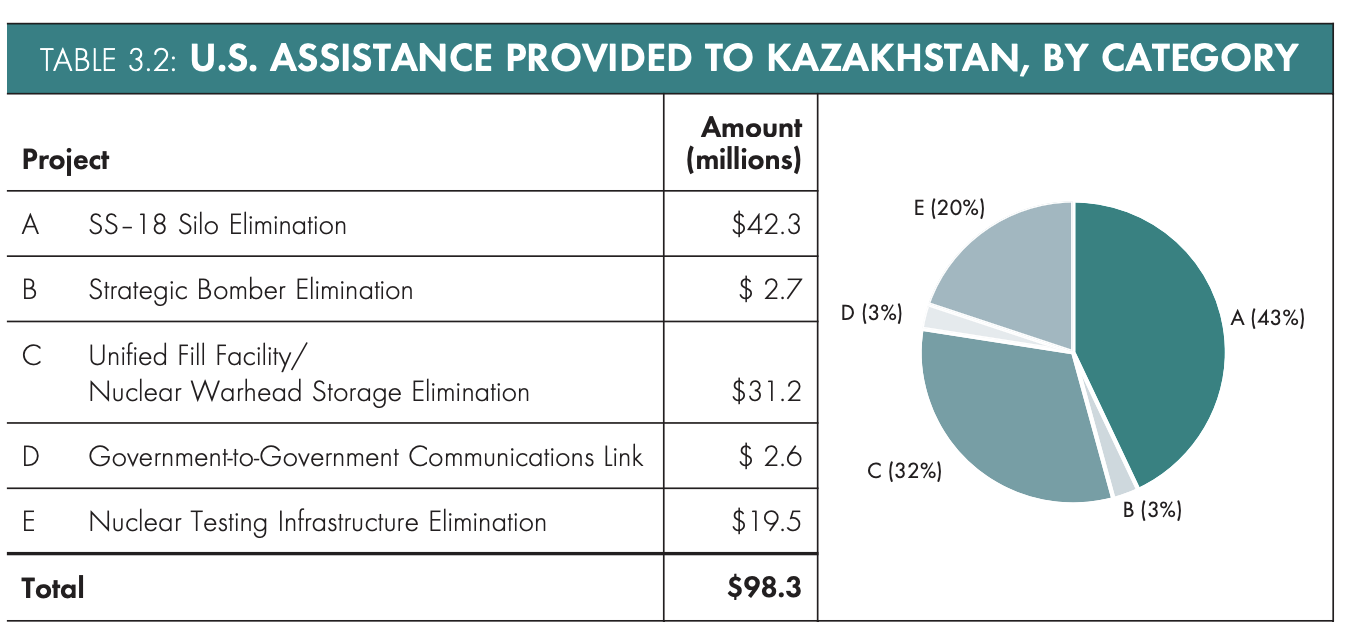
At that time, Kazakhstan possessed:
- About 1,400 strategic nuclear warheads and 104 R-36M (SS-18) silo launchers
- Multiple launch and testing facilities, including silos and test tunnels
This information is cited in the Nuclear Status Report by the Middlebury Institute of International Studies at Monterey.
In May 1992, all four states signed the Lisbon Protocol, joining the START I Treaty, which entered into force on December 5, 1994. By 1996, Belarus, Kazakhstan, and Ukraine had transferred their nuclear arsenals to Russia and joined the Treaty on the Non-Proliferation of Nuclear Weapons.
The report also notes that Kazakhstan’s non-strategic nuclear weapons were fully removed by early 1992:
The process of removing non-strategic nuclear weapons from ships and bases may have begun in 1991 but was not completed until the collapse of the Soviet Union. <…> Under the terms of the Almaty Agreement, these weapons were promptly removed to Russia; the withdrawal was fully completed by May 1992.
In total:
- 1,400 strategic nuclear warheads (including 104 SS-18 missiles) were sent to Russia
- 147 silos and associated structures were dismantled
- 194 nuclear test tunnels were sealed
- Seven heavy bombers were destroyed, and 40 returned to Russia
The U.S. Cooperative Threat Reduction (CTR) programs helped ensure Kazakhstan’s complete denuclearization.
Kazakhstan would have been the world’s third-largest nuclear arsenal it it hadn't.
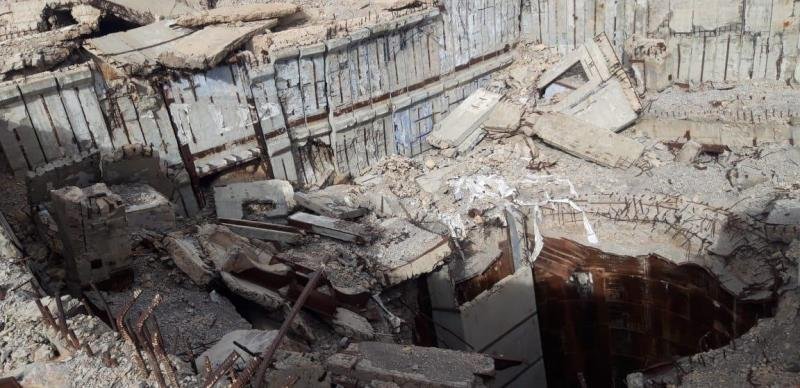
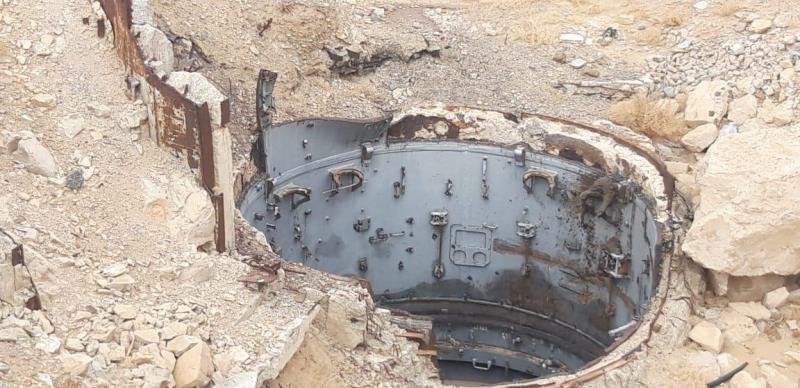
Cosmodrome for Scrap
Today, the Kazakh-Russian company Infrakos, which inherited remnants of this nuclear legacy, is trying to dispose of what remains. A recent state-auction listing offered steel materials and ferrous scrap from the Baikonur Cosmodrome site.
Behind the dry technical description are the launch silos once meant to house Soviet nuclear missiles.
Infrakos frequently sells decommissioned assets, but this particular lot includes those same silos that Nazarbayev ordered demolished in 1995–1996 — under his direct supervision.
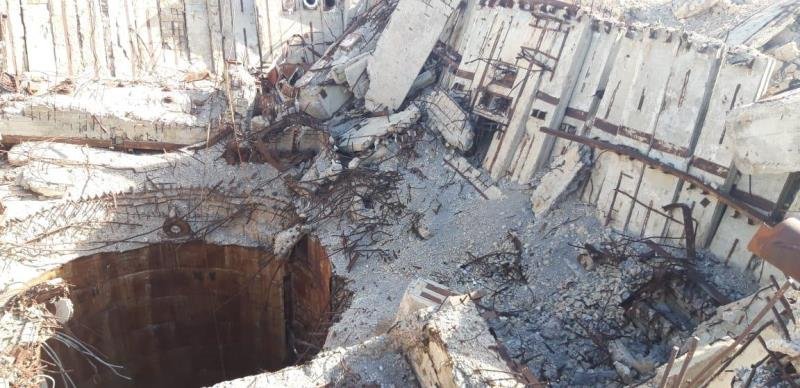
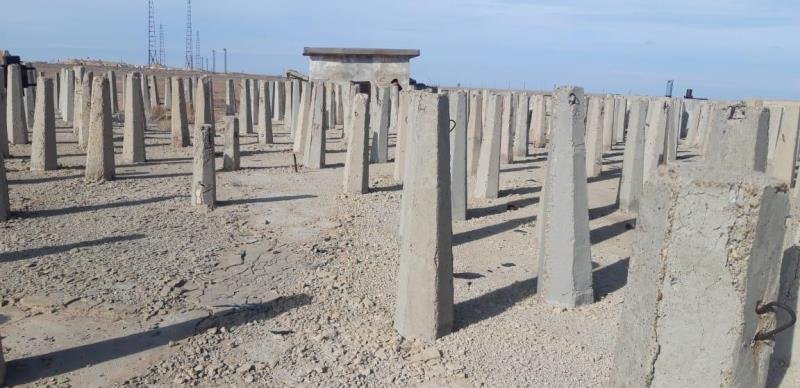
According to the accompanying appraisal report, inspectors examined the property in April 2025. It mainly consists of stone slabs, concrete blocks, rebar, demolished buildings, and components of specialized equipment — in short, literal scrap.
Still, its value was set at 449 million tenge. The auction, scheduled for November 4, was cancelled due to lack of bids.
These ruins are of historic significance. They mark the beginning of Kazakhstan’s post-Soviet identity as a peace-oriented state and symbolize the rise of its first president. Yet, decades later, the tons of broken concrete, rebar, and steel remain — remnants of a past no one seems willing to clean up.
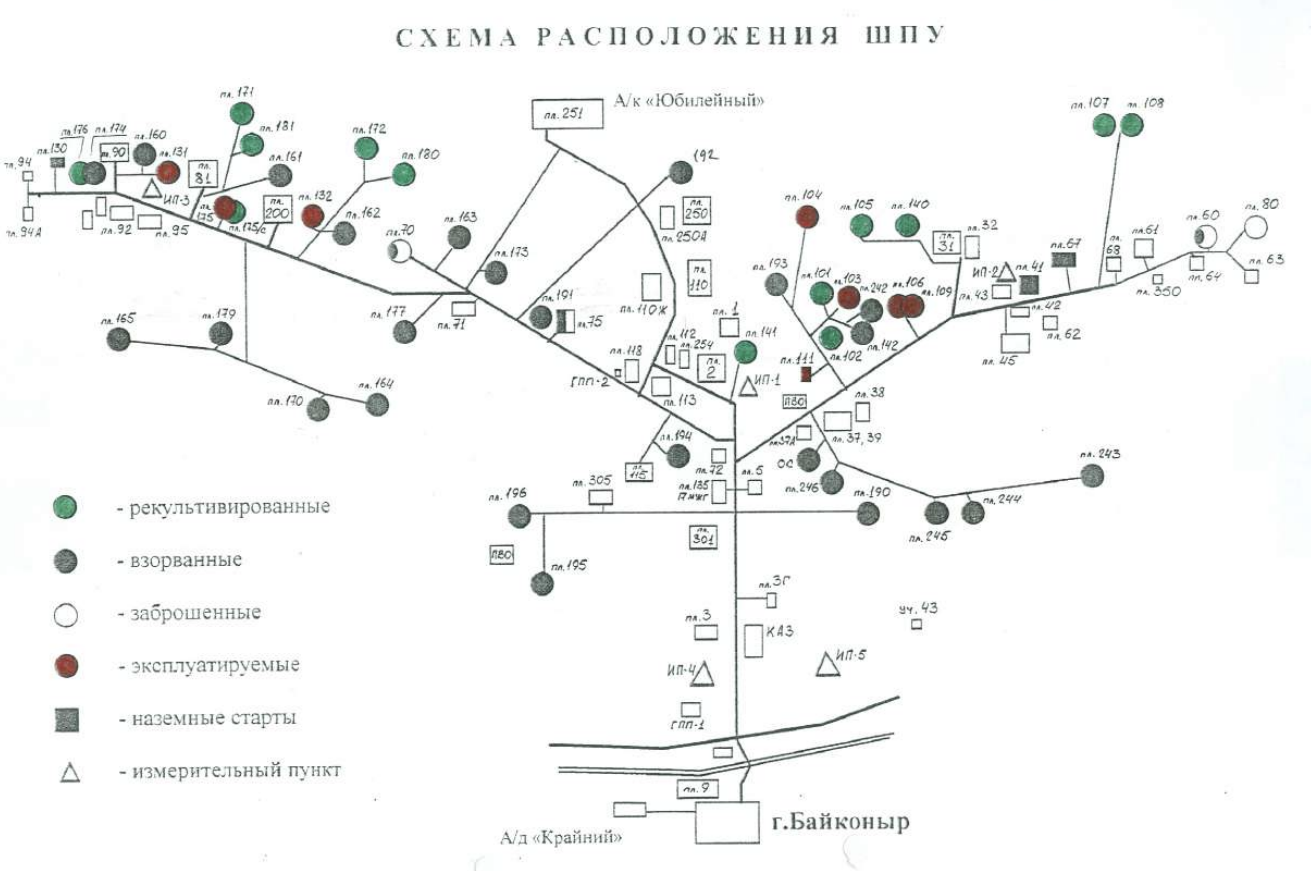
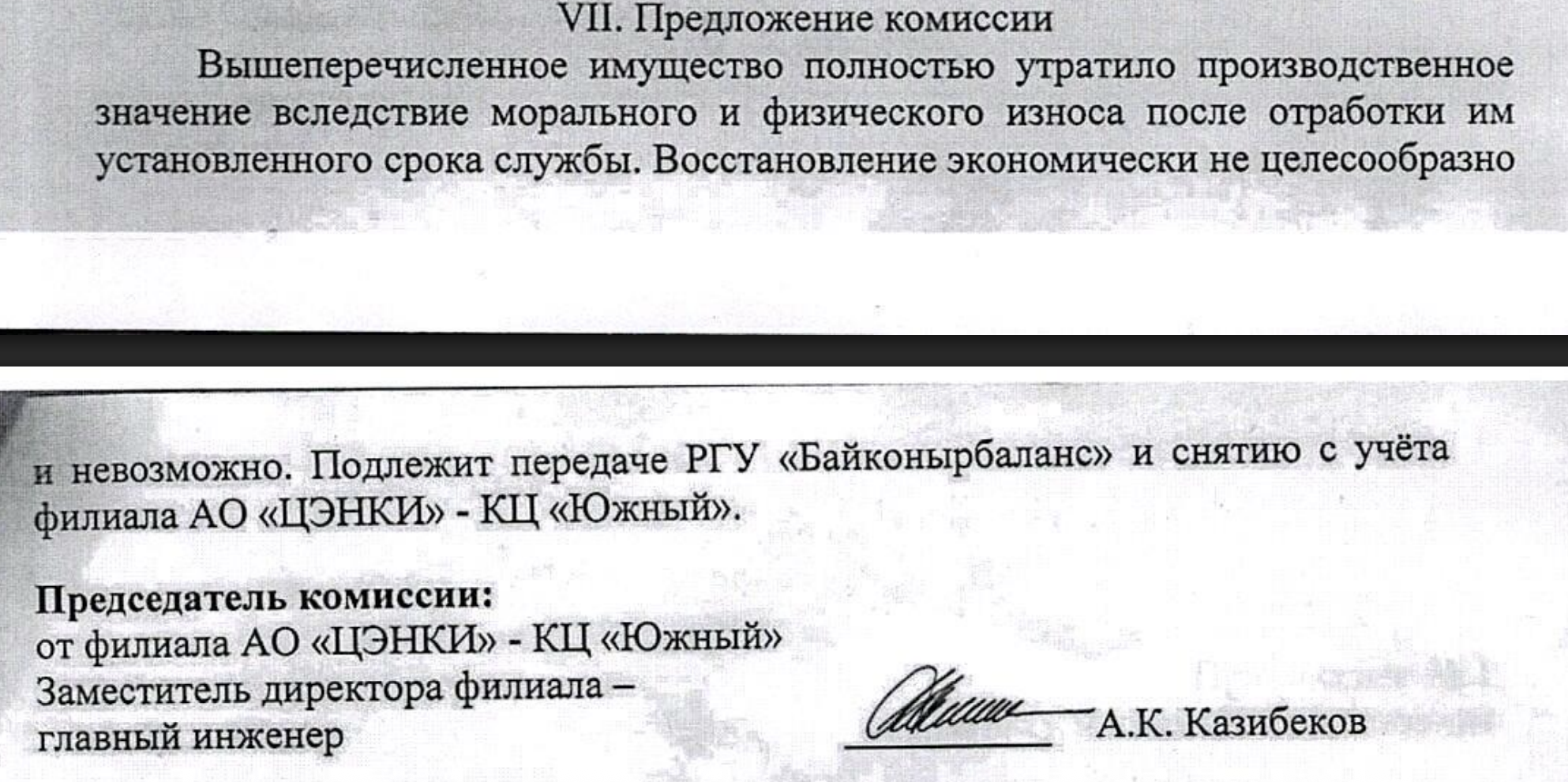
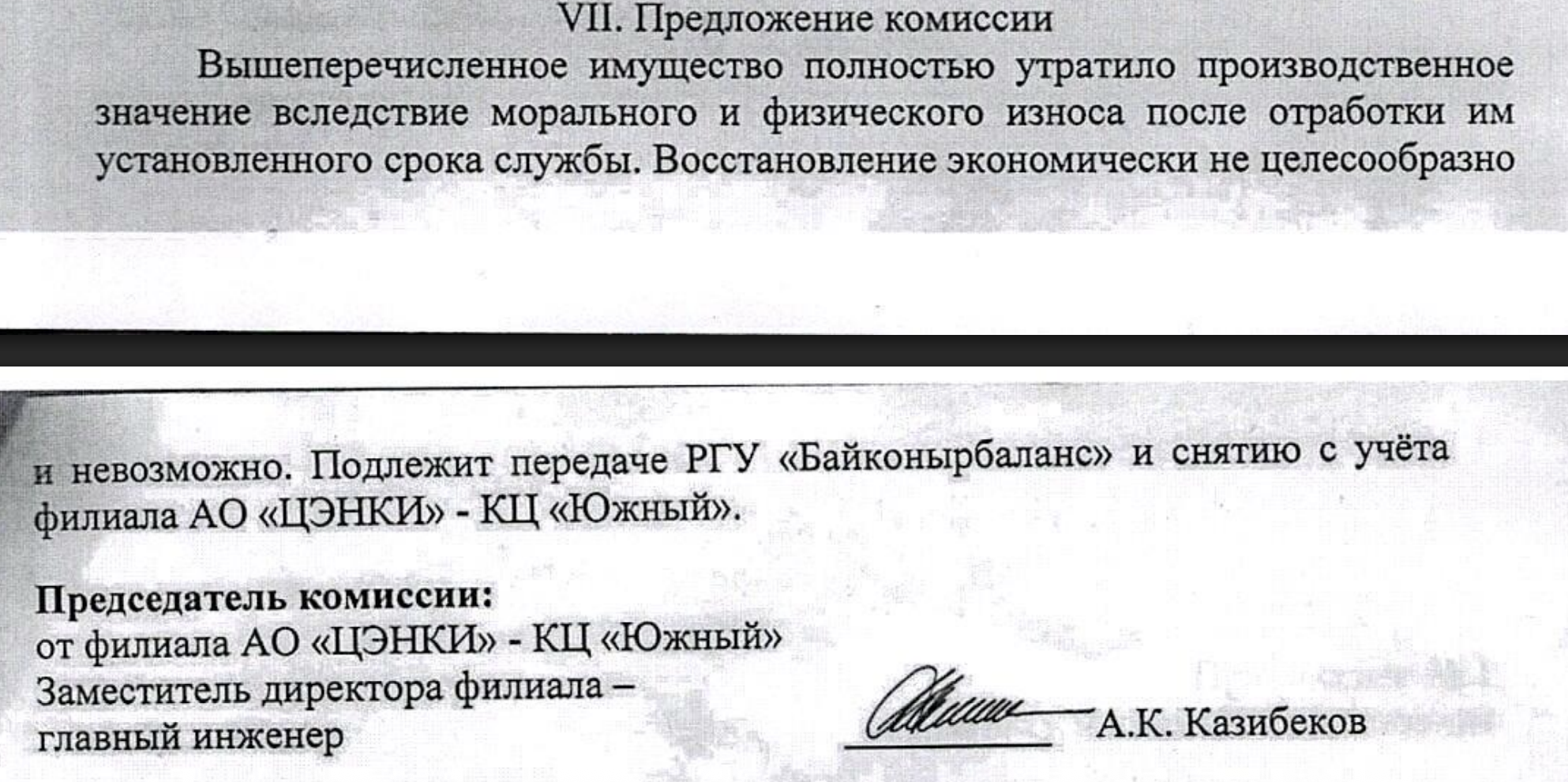
An Unsold Legacy
This isn’t Infrakos’s only failed sale. Other lots include unfinished housing, tank cars, rail components, old buildings, and even a cable network worth over one billion tenge.
Some parts of the network were eventually sold, but problems persisted.
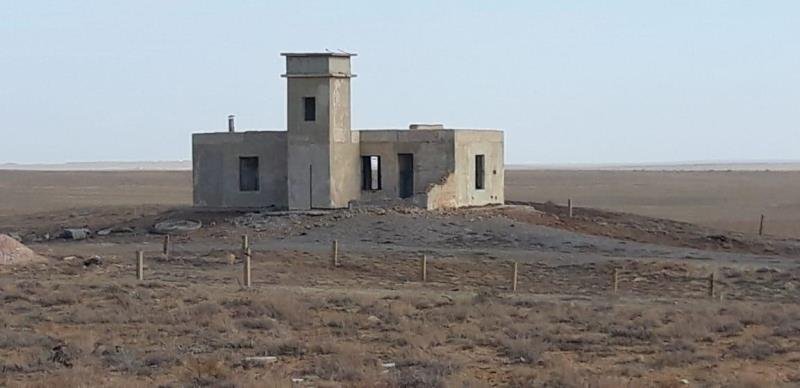
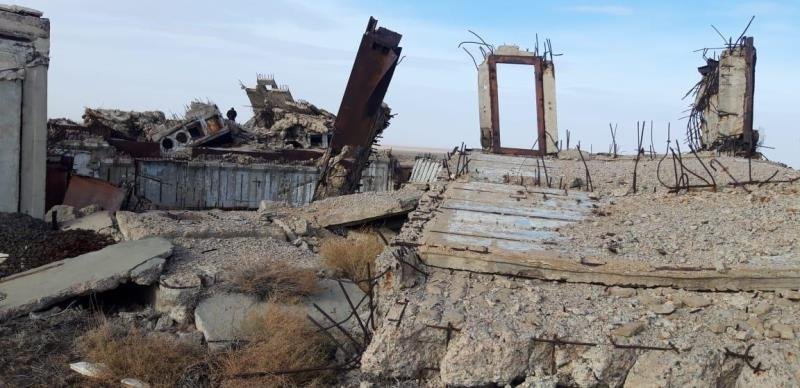
The Qyzylorda transport prosecutor’s office later uncovered misuse of public funds at Infrakos. The company KazakhinTrade had purchased dismantled cable materials but failed to pay on time.
Infrakos did not pursue repayment and even signed a new contract with the same debtor.
The issue was resolved only after prosecutors intervened: the contract was annulled, and the court ordered KazakhinTrade to pay a fine of about 80 million tenge.
Original Author: Ilya Astakhov
Latest news
- Kadyrov Confirms Drone Damage to Grozny City
- Russia Temporarily Blocks Kazakhstan's Grain Transit, Threatening Flax Exports to Europe
- Assets of Businessman Dulat Kozhamzharov Seized Following Halyk Bank Claim
- Georgian Opposition Calls December 6 March Over Alleged Use of Chemicals at 2024 Protests
- Severe Smog Covers Oskemen
- Fire and Structural Damage Reported at Grozny City Tower Amid Drone Threat
- Pashinyan Says Foreign Influence Networks Exposed
- Kazakhstan-Based Lukoil Assets Could End Up in Hungarian Hands
- Strong Tenge Pushes Some Banks to Temporarily Stop Issuing Dollars
- Investigation Links Baimsky Project to Nazarbayev's "Wallet," Vladimir Kim
- Three Kazakhstani Nationals Arrested in Georgia Over Alleged 10,000-Ton Oil Theft
- Turkistan Region Contract for 100 Million Tenge Video Project Triggers Scrutiny
- Gennady Golovkin Becomes First Kazakhstani Honored by the International Boxing Hall of Fame
- Former Majilis Deputy Says She Was Stripped of Mandate After Criticizing Authorities
- Mangystau Authorities Investigate Death of Worker Who Fell Into Elevator Shaft
- Golovkin at World Boxing: How Kazakhstan and Saudi Arabia Are Building a New Power Structure in Boxing
- Taraz: Sentences Extended for Defendants in Group Sexual Assault Case
- Taliban Carry Out Public Qisas Execution After Teenager’s Family Killing
- CITIC Construction Responds to Activist’s Claims Over Almaty–Oskemen Highway Quality
- Kazakhstan Proposes New Law Tightening Control over Anonymous Channels

